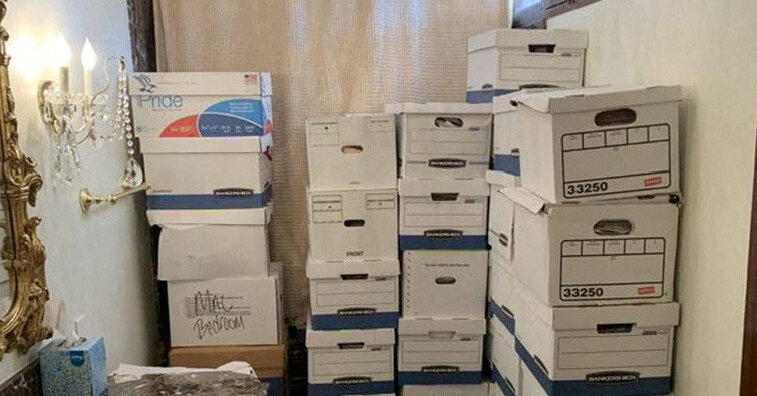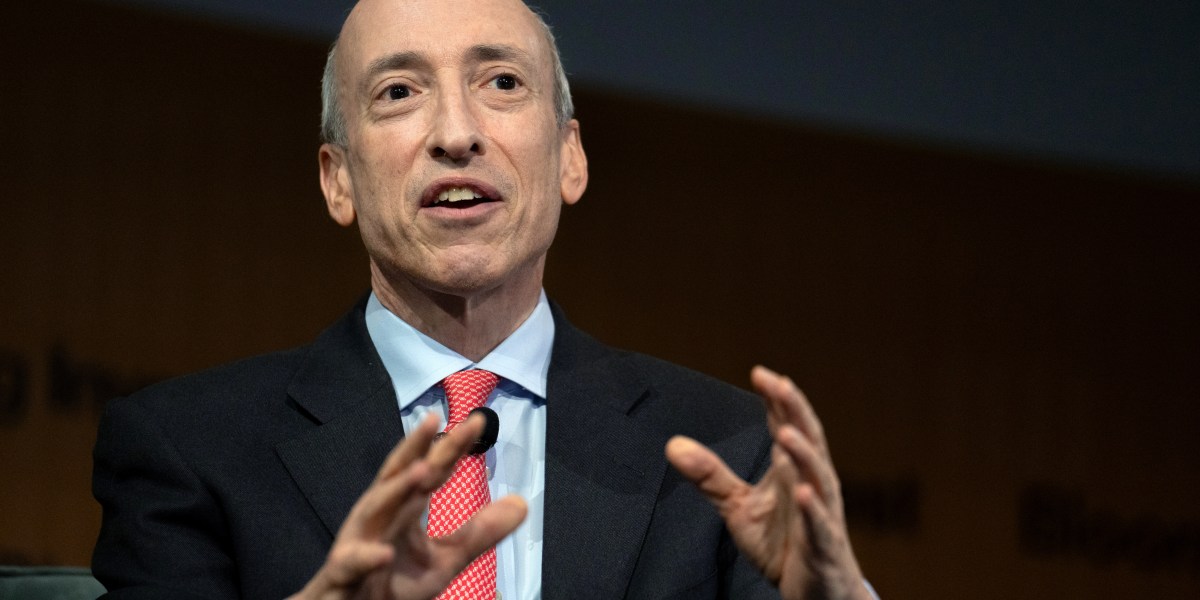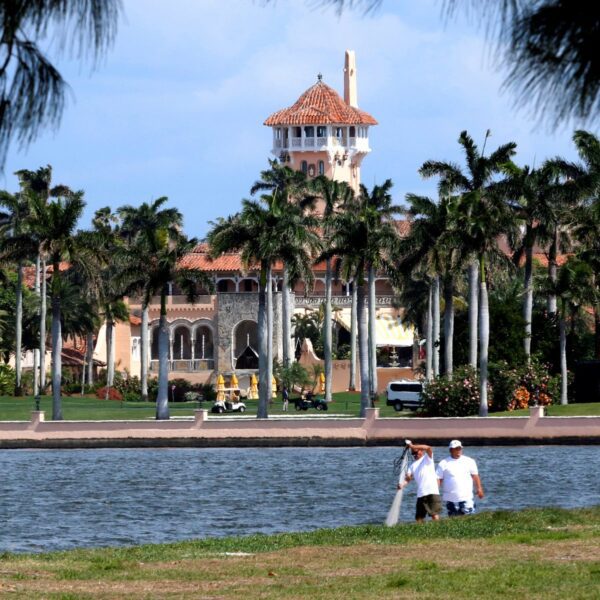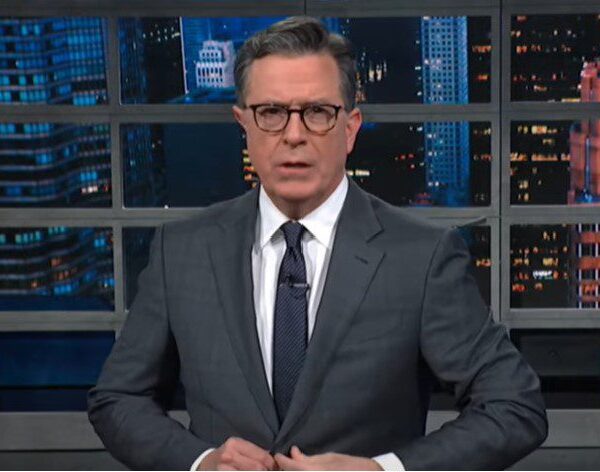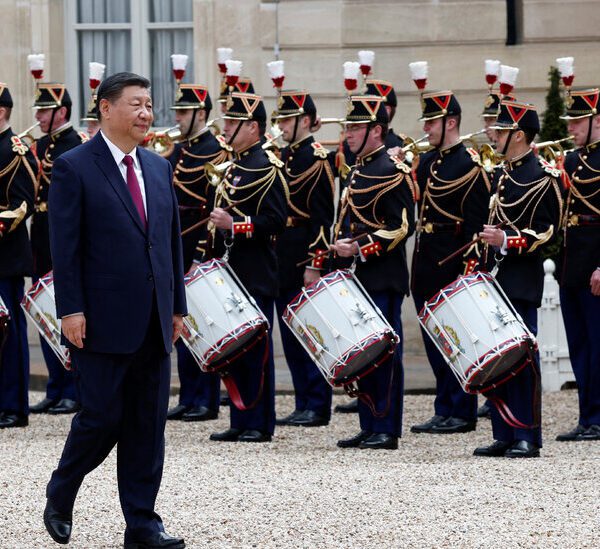The federal judge overseeing former President Donald J. Trump’s classified documents case showed little patience on Tuesday with an argument by his lawyers that the F.B.I.’s search two years ago of Mar-a-Lago, his private club and residence in Florida, was conducted improperly.
The judge, Aileen M. Cannon, has granted a serious audience to several far-fetched arguments by Mr. Trump’s lawyers. But the skepticism she displayed toward their position at a hearing in Federal District Court in Fort Pierce, Fla., was a rare example of her turning a critical eye on the defense.
At the hearing, Mr. Trump’s legal team had asked Judge Cannon to suppress any evidence collected during the Mar-a-Lago search — including most of the 32 classified documents he has been charged with removing from the White House — because, they said, the warrant was not specific enough about which parts of the property the F.B.I. could search and what items it could seize.
“It seems like it is,” Judge Cannon said, disagreeing with Mr. Trump’s lawyers about the question of specificity and all but ruling against them from the bench. “I have a hard time seeing what other language needed to be included.”
Granting the defense’s request would be a deadly blow to the classified documents case, keeping the jury from seeing the highly sensitive national security files that Mr. Trump has been accused of holding on to after he left office.
The search of Mar-a-Lago, which took place on Aug. 8, 2022, is the central investigative step in the extraordinary criminal inquiry into Mr. Trump’s handling of classified materials and attempts to obstruct the government’s efforts to retrieve them.
It has engendered yet another conflict between the special counsel’s team and Mr. Trump’s lawyers: The lawyers have accused prosecutors of failing to properly secure the individual items inside the 45 boxes the F.B.I. hauled away from the estate.
Late on Monday night, prosecutors filed court papers pushing back vehemently against Mr. Trump’s claims about the boxes. They said it was all but impossible for the F.B.I. to have kept in order the jumble of items that Mr. Trump had stored in them, describing the contents of the boxes as being organized in a “haphazard manner” and pointing out that materials in them included “newspapers, thank-you notes, Christmas ornaments, magazines, clothing, and photographs of himself and others.”
Tuesday’s hearing about the legality of the search capped three days of proceedings in Fort Pierce that included an expansive debate about the funding and appointment of the special counsel, Jack Smith, who has filed two federal indictments against Mr. Trump, and about Mr. Smith’s attempt to bar the former president from making public remarks that could endanger F.B.I. agents working on the case.
Over the course of the hearings, Judge Cannon has displayed overt frustration with lawyers from both sides and an intolerance for veering outside the bounds of the discussion at hand.
Despite her insistence that the hearings remain on topic, she has been lax in other ways, allowing a backlog of unresolved decisions to pile up on her docket and declining to set a start date for the trial. That has played directly into Mr. Trump’s strategy of seeking to delay a trial as long as possible.
In court on Tuesday, Judge Cannon’s irritation was mostly focused on Emil Bove, a former federal prosecutor who now represents Mr. Trump.
Addressing the judge, Mr. Bove said the F.B.I. had failed to give the agents who searched Mar-a-Lago sufficiently detailed instructions about where to search and what to search for. He also claimed that the bureau left out of the warrant several critical pieces of information that might have changed the mind of Bruce E. Reinhart, the magistrate judge who approved it.
But Judge Cannon was not buying Mr. Bove’s arguments, pointing out that the warrant “clearly delineated” that agents were authorized to search Mr. Trump’s Palm Beach estate for “physical documents with classification markings.”
When Mr. Bove accused the F.B.I. of going beyond the terms of the warrant and “rummaging” through the bedrooms of Mr. Trump’s wife and teenage son, Judge Cannon pushed back hard, getting him to admit that nothing had in fact been found in either place.
Mr. Bove then changed directions, suggesting that there had been dissension within the F.B.I. about whether to obtain a warrant to search Mar-a-Lago or to get permission for a consensual search of the property. Judge Cannon effectively said “So what?” — noting that even if people within the bureau disagreed about how to proceed, it had no bearing on whether there was probable cause to conduct the search.
Speaking for the government, David Harbach, one of Mr. Smith’s top deputies, told Judge Cannon that the search had been conducted fairly and professionally. He pointed out that prosecutors included as part of the search warrant’s application package a letter from Mr. Trump’s lawyers setting out their position about the investigation.
Moreover, Mr. Harbach said Mr. Trump’s lawyers had come nowhere near the high legal threshold needed to support a second request they made to Judge Cannon: to hold a fact-finding hearing delving into whether the warrant had been fairly drafted, a step that would largely serve to eat up additional time.
But even though he was clearly winning the day, Mr. Harbach seemed incapable of simply taking the victory and complained to Judge Cannon about the various ways in which Mr. Trump’s lawyers have “hijacked” hearings by persistently going off topic.
“There’s no hijacking going on,” Judge Cannon snapped back, telling Mr. Harbach the hearing was about to end.
And it did.

